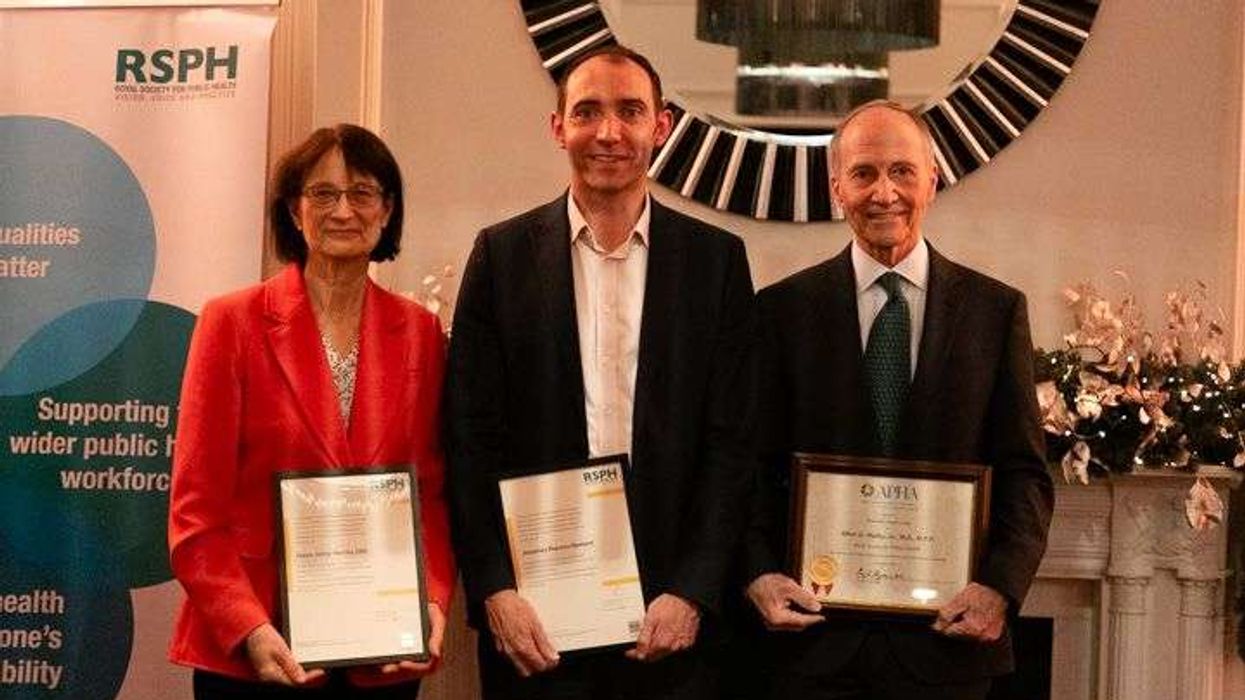The National Pharmacy Association (NPA) says its accepts the hub and spoke model in which medicines are supplied by a spoke pharmacy as opposed to a hub pharmacy supplying directly to the patient.
In its response to government consultation on hub and spoke, which closed on Wednesday, June 8, the NPA recommended that competition authorities, whom it had meet earlier in the year, should intervene to avoid medicine price rises and poor service resulting from a lack of competition among hub providers.
It suggested that the Department of Health and Social Care (DHSC) ask the Competition and Markets Authority (CMA) to consider 'hub and spoke' dispensing, and propose a market review both before and after the implementation of ‘inter-company hub and spoke’ models.
The NPA has always maintained that if all pharmacies are to truly benefit from hub and spoke, there needs to be a dynamic and competitive market in which hubs compete for the custom of pharmacies based on the quality of service and price.
The DHSC consultation on hub and spoke included proposals for two hub and spoke models: model 1, where the medicines are sent from the spoke pharmacy, returned and assembled at the hub which sends them back to the spoke pharmacy before they are supplied to the patient; and model 2, where the spoke pharmacy sends the medicines to the hub, and then the hub pharmacy supplies medicines directly to the patient.
Of the two models proposed by the government, the NPA says it "broadly supports" the first model and opposes Model 2 on the grounds that this could undermine the relationship between the pharmacy and the patient, create uncertainty about accountability and potentially impact patient safety.
In response to an official impact assessment of hub and spoke, it called for an increased funding for community pharmacy, saying: “The Impact Assessment suggests that the total savings to the sector’s operational cost will be £1m by 2024. This compares with well over a billion pounds being withheld from community pharmacy in England from 2019 to 2024 due to flat funding – which was supposedly justified in part by efficiencies from hub and spoke.”
Findings from an the government assessment, which revealed the limited extent of savings that may be possible under the hub and spoke model, showed that an immediate re-think on pharmacy funding is required, the NPA added.
It noted that the ultimate decision to engage with hub and spoke dispensing "must remain with pharmacy owners and they should not be penalised if they don’t take part”.
“The NPA has been leading the sector-wide debate on hub and spoke since 2015. We have taken an evidence-based approach to our work in this area and convened an expert group, having published a review of research in 2016. In 2020 we published a review of international experience with hub and spoke," said Helga Mangion, policy manager at the NPA.
The association said it believed a fair and competitive market for hubs would be essential to avoid unintended consequences such as price rises and poor service by hubs.
“We need to have an honest conversation about efficiencies -- a conversation that reflects the reality for independents struggling to survive. The government’s own official impact assessment, which accompanied the launch of the consultation revealed the limited extent of savings that may be possible under the model. Overestimating the likely benefits and using overblown cost-saving calculations is not a sound basis for funding decisions,” she added.











